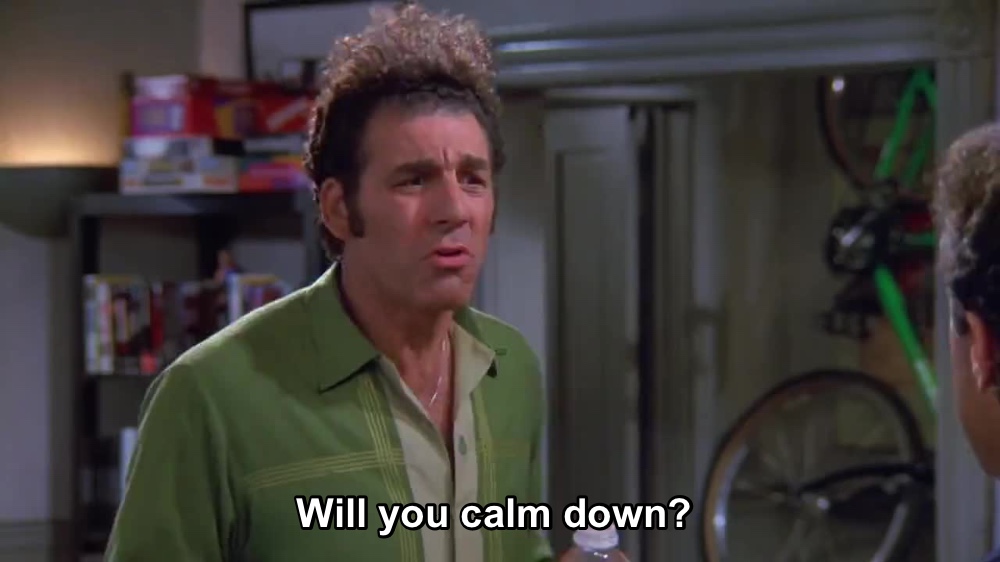
We are approaching that time of the year where the collapse of the Pirates’ season seamlessly transitions into the beginning of the Steelers’ quest for their seventh Super Bowl, an accomplishment which they have failed to achieve in each of the last fifteen years. There were times that they were close—Super Bowl XLV (2010-11), where they lost to the Packers, as well as the 2016-17 season, where they lost to the Patriots in the AFC Championship Game—but it has largely been a fruitless endeavor to become the first NFL franchise to hoist a seventh Lombardi trophy.
It certainly is not an easy task to win a Super Bowl, and it was further complicated during the Ben Roethlisberger era by the existence of Tom Brady (and, to a slightly lesser degree, Peyton Manning). Winning even two Super Bowl rings in the timeframe during which two of the top five quarterbacks ever were in the same conference as you is an accomplishment whose difficulty cannot be understated. Still, though, with the sheer talent that the Steelers maintained on both sides of the ball, I would be remiss to say that the practice facility on the South Side of Pittsburgh should not house at least one more Lombardi trophy.
Three years after Roethlisberger’s career ended—quite unceremoniously, I might add—the Steelers are still searching for answers to replace the future first-ballot hall-of-famer. The front office had thought, initially, that University of Pittsburgh alumnus Kenny Pickett was his heir apparent, drafting him 20th overall in the 2022 draft. Two years later—and a horrendous 13:13 touchdown to interception ratio in 25 games—Pickett is currently competing for a backup job in Philadelphia with former Stanford Cardinal Tanner McKee, after being traded to the Eagles with the 120th pick in this past year’s draft for the 98th pick (NC State linebacker Payton Wilson) and two 2025 7th-round picks.
The Pickett trade came on the heels of the Steelers signing the once-great, now-washed Russell Wilson to a one-year, veteran-minimum deal, and preceded them trading for former 15th-overall pick Justin Fields for a conditional sixth-round pick in 2025.
Of course, it would not be fair to omit criticism of the play-calling during Kenny Pickett’s tenure, as Matt Canada was an awful, predictable, frustrating offensive coordinator. However, there were things that Pickett did—spinning into pressure instead of avoiding sacks, completely missing wide-open receivers, appearing completely frightened to throw the ball over the middle of the field—that could not be easily remedied with a new play-sheet and headset.
Accompanying Wilson and Fields was Canada’s replacement, recently-fired Atlanta Falcons head coach Arthur Smith, who was an offensive coordinator with the Tennessee Titans before taking that role with the Falcons. Smith caught a lot of flak for not using his weapons adequately while at the helm in Atlanta, as players like Bijan Robinson, Drake London, and Kyle Pitts often saw carries or targets that should have gone their way be given to arguably less talented guys.
Omar Khan, the Steelers general manager, also rebuilt an offensive line that struggled last season, drafting tackle Troy Fautanu in the first round, center Zach Frazier in the second round, and guard Mason McCormick in round four. The offense, for the most part, had been rebuilt—Khan had traded away wide receiver Diontae Johnson and brought in a motley crew of pass catchers, including Quez Watkins, Van Jefferson, and Scottie Miller. Legendary kick return specialist Cordarrelle Patterson was added to the roster to capitalize on the new “dynamic kickoff” that the NFL decided to institute this year. I was excited to see what the offense would look like, even in the preseason.
The first preseason game did not feature Russell Wilson, as he had been nursing a calf injury throughout training camp. Justin Fields played the first quarter of the game. While his passing statistics did not look bad by any stretch—5/6 for 67 yards—the game film told a different story. Not only was he sacked twice, he also was one of the guilty parties on two failed center-quarterback exchanges, leading to fumbled snaps. That, simply, cannot happen in the NFL. Every single play begins with a snap, and botching an element of the process ruins any chance the called play had of being effective. Kyle Allen, the third-string quarterback, played okay, but if a team is reduced to their third-string quarterback, chances are they are doomed.
The second game would feature both Wilson and Fields, hopefully giving fans more insight into what the offense would look like. Well, after the game, maybe “hopefully” is not the correct word. Wilson—8/10 for 47 yards, sacked three times—and Fields—11/17 for 92 yards, sacked once—combined for 139 passing yards across four quarters of preseason football. Both quarterbacks refused to throw the ball beyond the first-down marker, something that was a recurring theme under previous offensive coordinator Matt Canada. Last year’s first round pick—offensive tackle Broderick Jones—was repeatedly skinned at the line by edge rusher Gregory Rousseau in the first quarter. The entire game for the offense was just…ugly.
Now, I know it is just preseason. Last year, the offense looked good in the exhibition games, and we all know how that turned out. In theory, there is no reason to panic, as there is an adjustment period for a lot of players. However, as I tell others to not be concerned, to not overreact, there is a large part of me that worries. I worry that this year will be more of the same, that we will see more of the ineptitude that we saw last season, the painful play-calling and execution that made me want to throw my remote through my television.
Hopefully, the offense can assuage these concerns in week 1 against an Atlanta Falcons team that has beefed up its defense in recent days, trading for edge rusher Matthew Judon and signing former pro bowl safety Justin Simmons. However, I am not holding my breath—I learned my lesson with the Pirates.